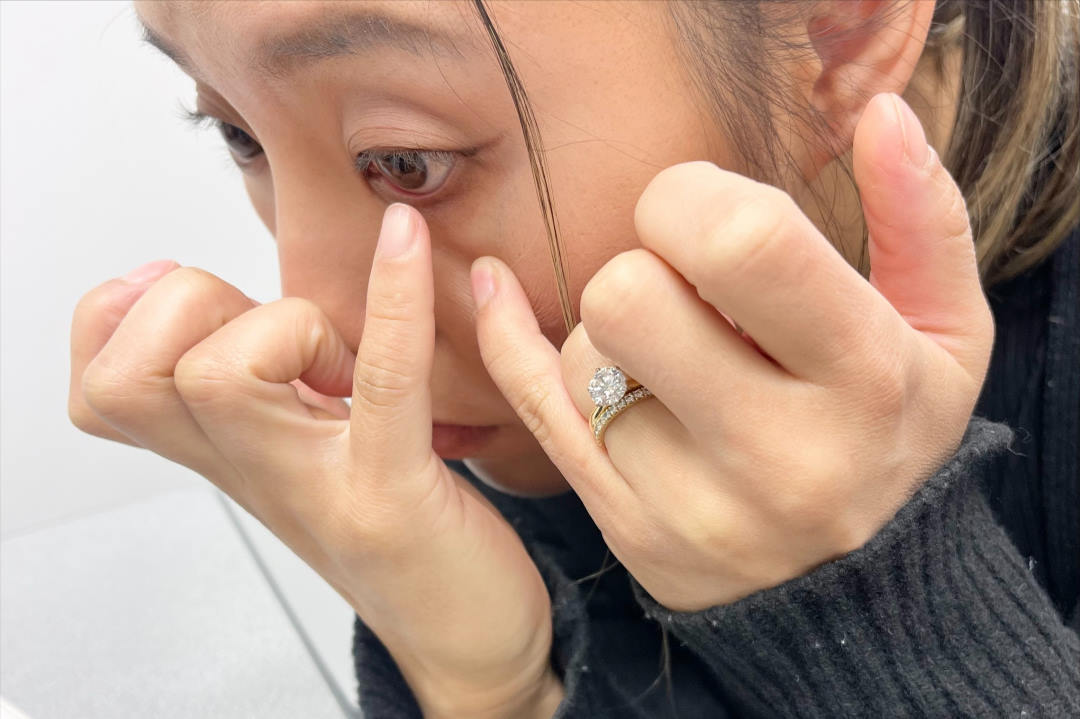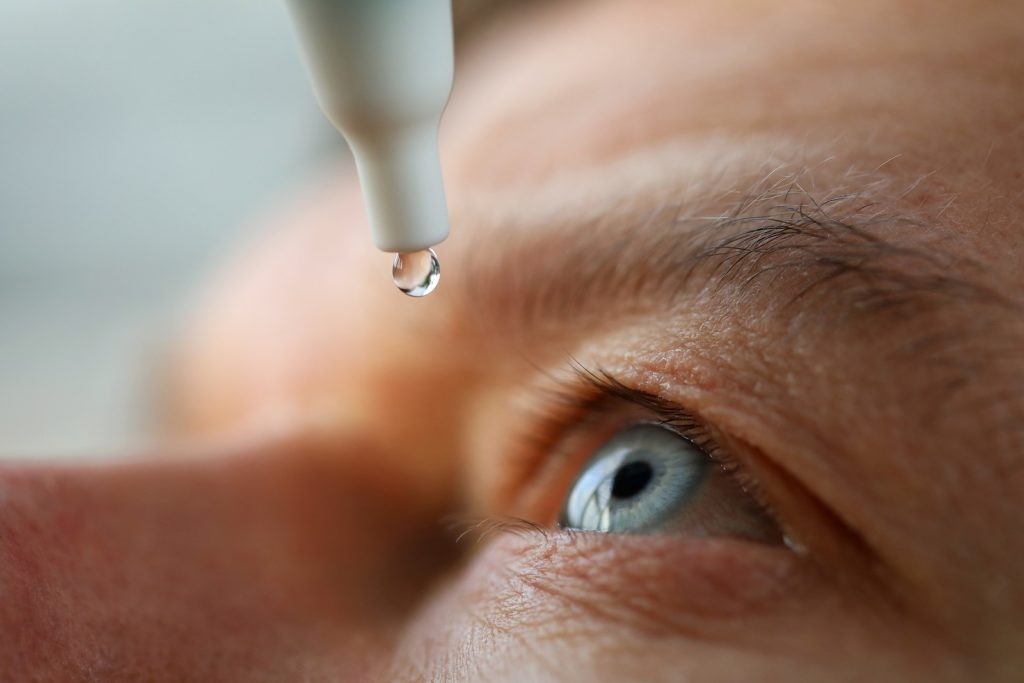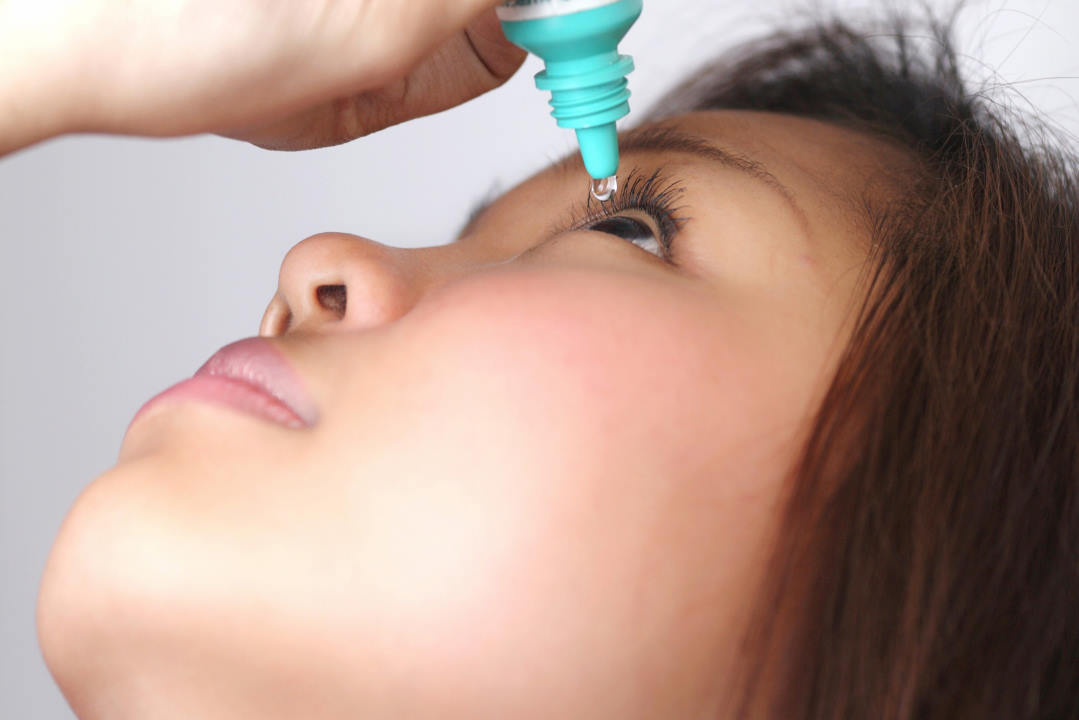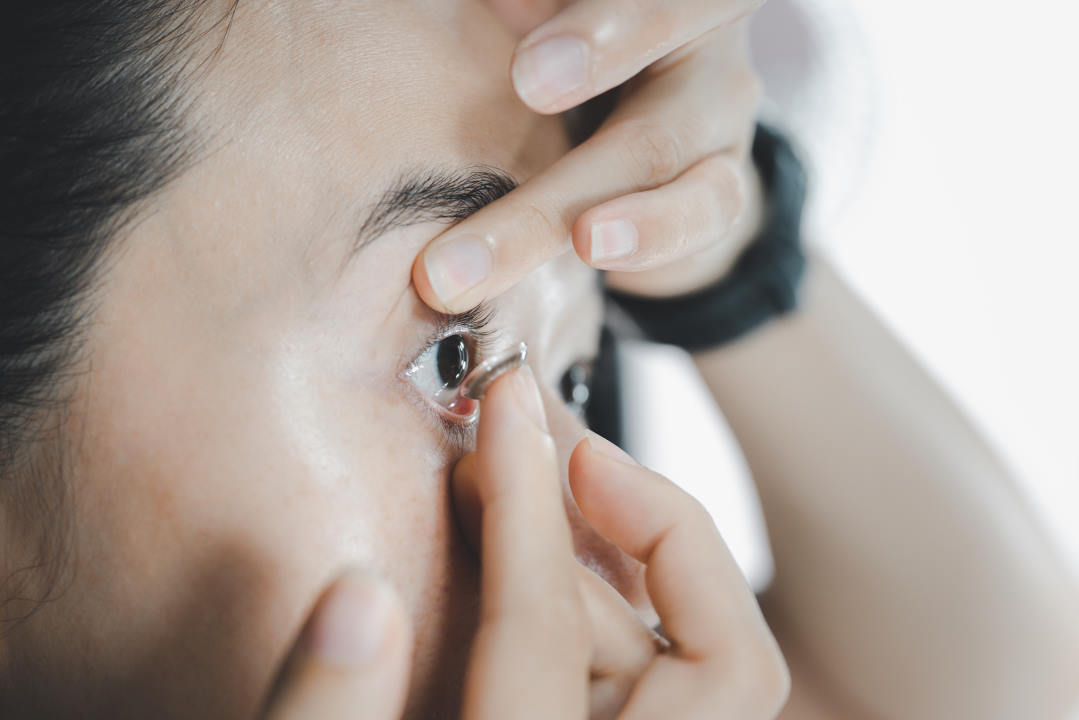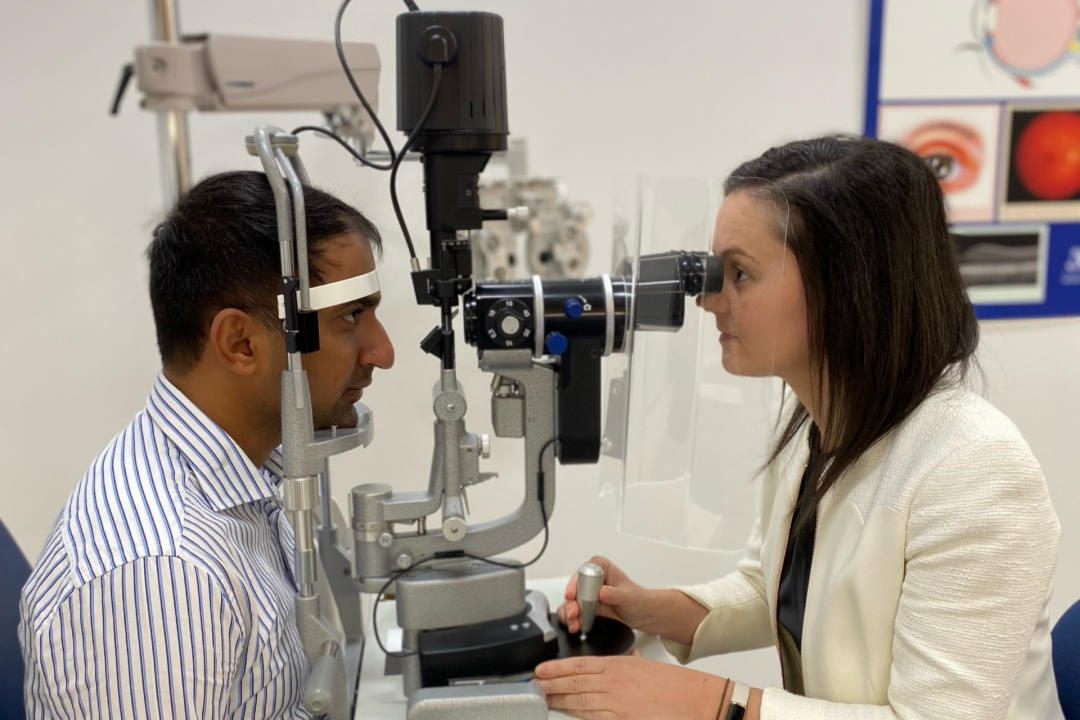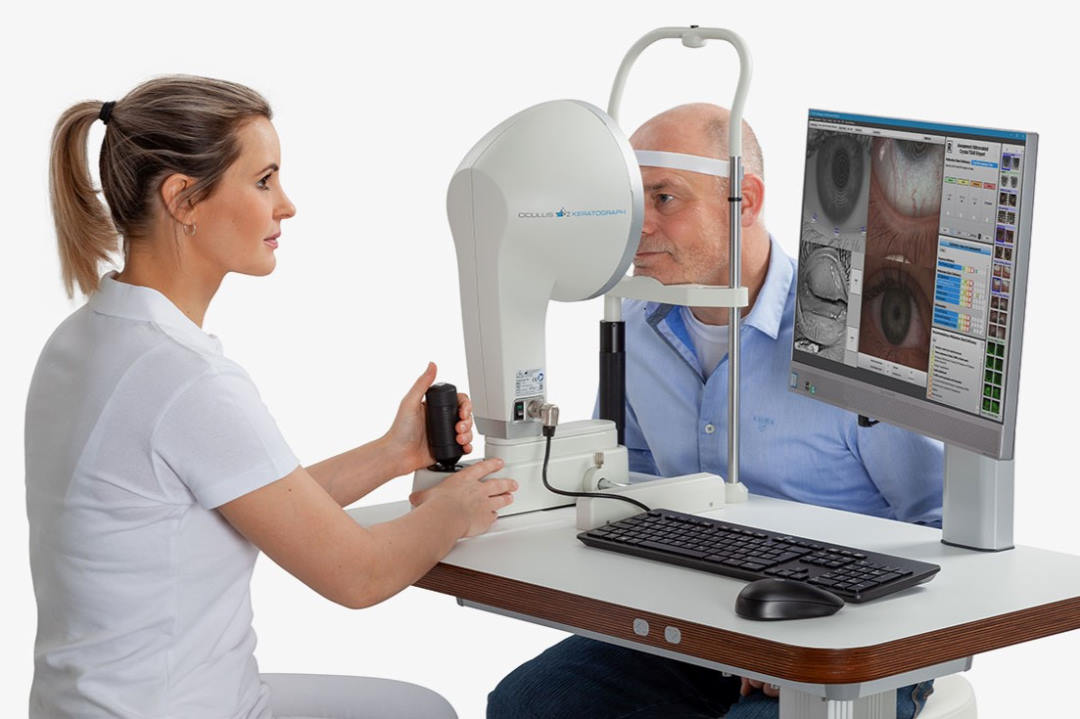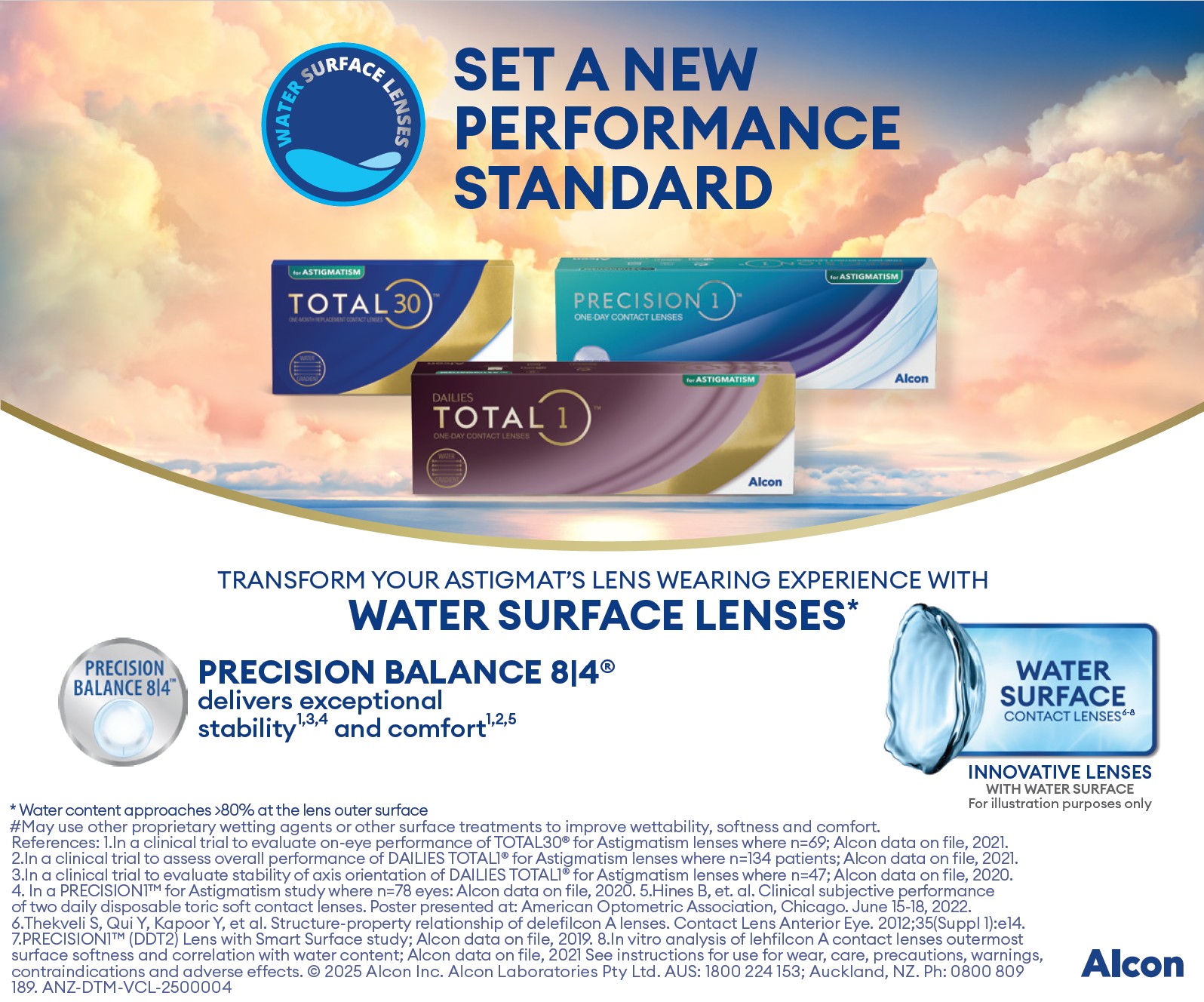MGD ointment advances
Azura Ophthalmics announced the first patient has been enrolled in its phase 3 study to assess the efficacy and safety of AZR-MD-001 ointment in patients with clinical signs and symptoms of meibomian gland dysfunction (MGD).
The assessment of secretions and treatment for restoring ocular surface health in patients with meibomian gland dysfunction (Astro) trial is a multicentre, double-masked, vehicle-controlled, randomised trial to evaluate AZR-MD-001 0.5% ointment compared to vehicle in patients with abnormal meibomian gland function and DED symptoms. Approximately 500 patients will be dosed twice weekly before bedtime for up to 12 months.
The treatment has already demonstrated efficacy against a variety of clinical endpoints, indicating it has the potential to improve the signs and symptoms of MGD for up to six months, said Dr Francis Mah, director of cornea and external disease and co-director, refractive surgery at Scripps Clinic Medical Group, California. “The Astro study, the second confirmatory efficacy study, will reveal important additional new findings on the use of AZR-MD-001 as a foundational treatment for MGD.”
Initial evaluations of Azura’s keratolytic eye preparation AZR-MD-001 were carried out in New Zealand at the Ocular Surface Laboratory at the University of Auckland, together with several other trial sites in Australia and Canada. Phase 2 studies, unveiled at ARVO and ASCRS meetings this year, highlighted positive efficacy and safety data, including improvement in both signs and symptoms of MGD and contact lens discomfort after six months’ treatment.







